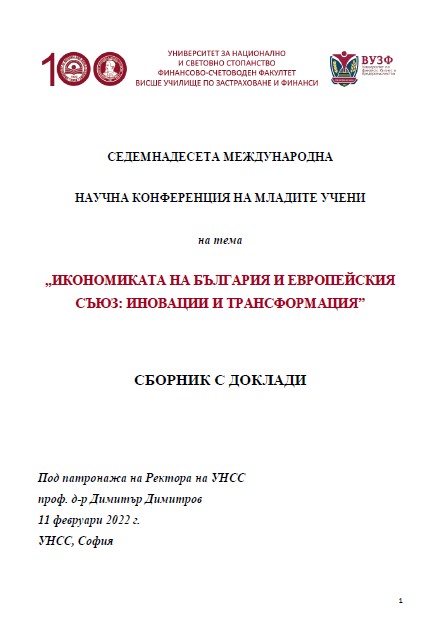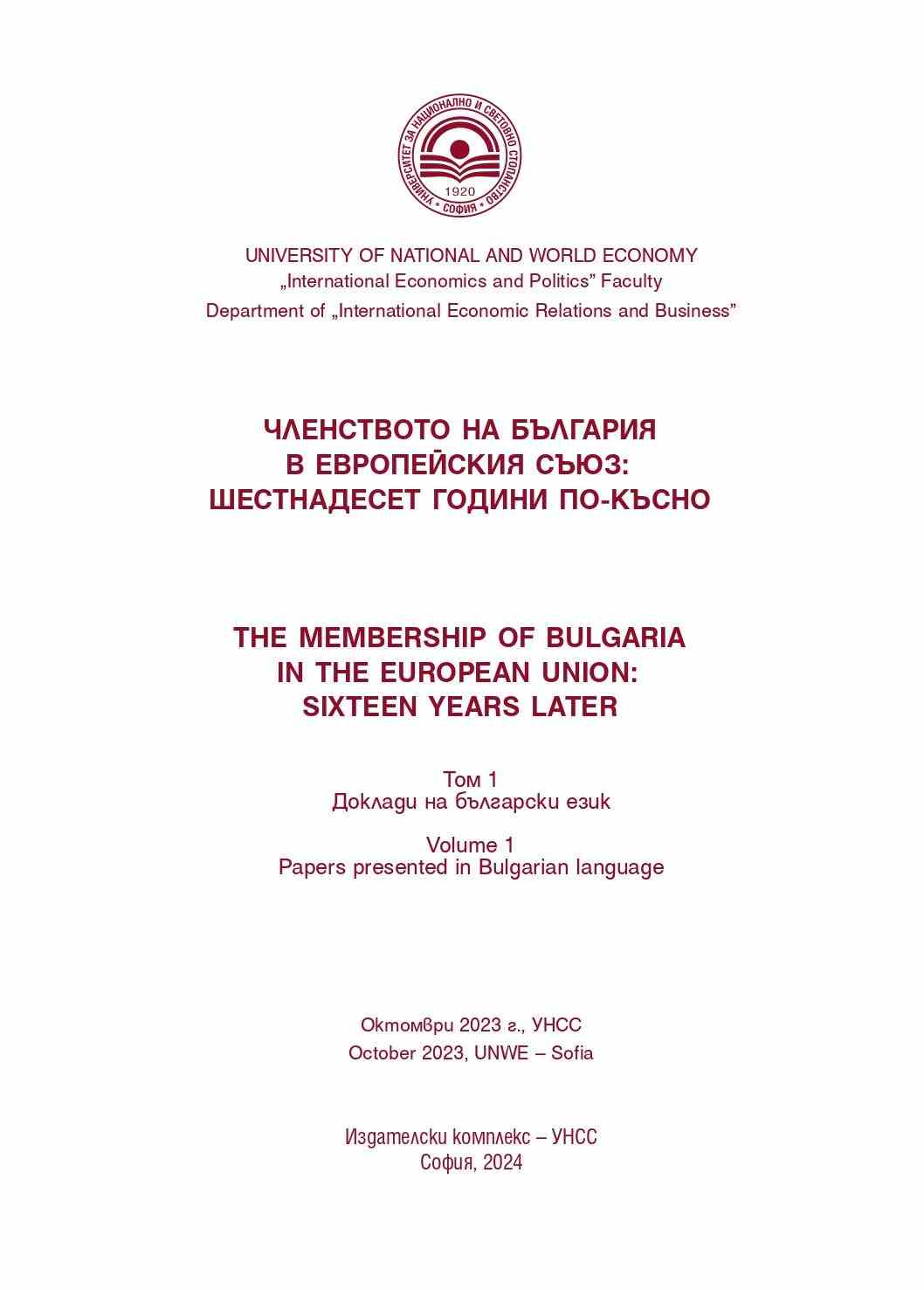
Приоритети в управлението на образованието в контекста на проектите на Програма Образование (2021- 2027)
Programme Education 2021-2027 is a key instrument for addressing major challenges in the education system with a total budget of over 1.9 billion BGN. The programme is co-financed by the European Social Fund+ (ESF+) with nearly 1.539 billion BGN, as well as from the state budget of the Republic of Bulgaria. The article presents the key priorities and management strategies of the programme.
More...


